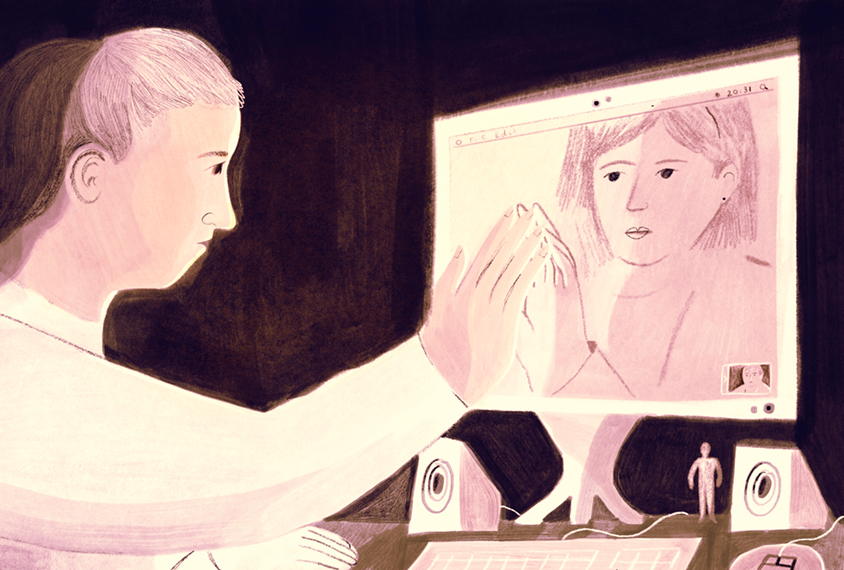Liz Pellicano is professor of autism at University College London in the United Kingdom

Liz Pellicano
Director, Centre for Research in Autism and Education
University College London
From this contributor
We need better strategies to support autistic people as the COVID-19 crisis continues
Interviews with autistic people reveal that many miss their friends and opportunities for social connection, in stark contrast to orthodox views that they have little social motivation and prefer a life of self-isolation.

We need better strategies to support autistic people as the COVID-19 crisis continues
General practitioners urgently need autism training
Many general practitioners in the United Kingdom do not receive autism training, and report having little confidence in caring for patients on the spectrum.

General practitioners urgently need autism training
Friendships pose unique challenges for women on the spectrum
Women with autism value friendships as much as their neurotypical peers do, but they often have difficulty forming and maintaining them.

Friendships pose unique challenges for women on the spectrum
Explore more from The Transmitter
Three ecological psychologists on the right and wrong ways to use the field’s principles in neuroscience
Matthieu de Wit, Luis H. Favela and Vicente Raja weigh in on the recent trend of neuroscientists importing concepts from ecological psychology, the study of how an organism’s interactions with its environment explain perception and action.
Three ecological psychologists on the right and wrong ways to use the field’s principles in neuroscience
Matthieu de Wit, Luis H. Favela and Vicente Raja weigh in on the recent trend of neuroscientists importing concepts from ecological psychology, the study of how an organism’s interactions with its environment explain perception and action.
Is there a neuroscientist in the House?
Sam Wang, a neuroscientist running for the U.S. House of Representatives, has been considering American democracy for decades.

Is there a neuroscientist in the House?
Sam Wang, a neuroscientist running for the U.S. House of Representatives, has been considering American democracy for decades.
Marcelle Lapicque: A forgotten pioneer in neuroscience
Lapicque was the first Black woman neuroscientist in Europe, new research suggests.
Marcelle Lapicque: A forgotten pioneer in neuroscience
Lapicque was the first Black woman neuroscientist in Europe, new research suggests.